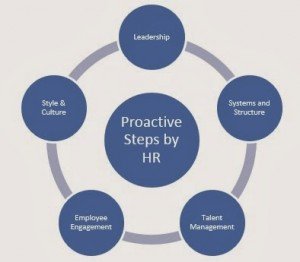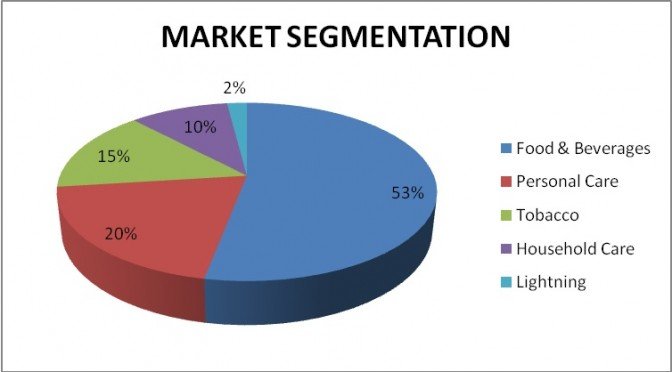It is impossible these days to open a newspaper or browse through a news website without reading about business scandals. On an international and national level, insider trading at prominent hedge funds, Ponzi schemes, falsified data at pharmaceutical companies, entire industry based on drug reproduction and breaches in accounting and reporting practices frequently make headlines of newspapers and bulletins. It is as if fraud and wrongdoing have become routine in business.
Kenneth Lay of Enron, Ramalinga Raju of Satyam, and Bernie Madoff, king of the Ponzi scheme, are just some of the poster boys for corporate scandal. Even recently, at home, big international corporate houses and names like Reebok and Walmart are being investigated by government agencies for evidence for corporate fraud and use of unfair practices. Chit fund related scams are just as commonplace. It brings to the table the question of practices to make profit and the means and intentions. Ethical gaffes are becoming so prevalent that it is no longer a matter of if another person will be added to this cast of characters, but who and when. Peoples’ trust in business has eroded to a point of widespread dubiety. The responsibility of governing the business and its people is believed to be that of Human Resources. There is a lot to be discussed around one’s role in addressing ethics within a company.
Proactive Steps by Human Resources Department
The role of HR in terms of ethics/compliance management can be buttressed by focussing on the following areas:
Leadership
-Focus on promoting Ethics as a strong personal value.
-See ethics as a strategic goal
-Include ethics in business contracts and negotiation
-Seek independent monitoring
Let’s take Tata as an example. The organization and its name are frequently associated with ethical behaviour. Its leaders have worked hard and earned it for themselves by laying the foundation of the organization, on the personal ethical value and promoting the same in the organization.
Systems & Structure
-Implement, sustain, update and empower ethics as systems or “infrastructure”
-Measure and reward CSR targets
In accordance with Schien’s study on culture, ethics should be ingrained at all levels of artefacts. According to him, the organisational culture is the key in transmitting values to employees and in influencing their daily organisational behaviour. Therefore, in order to promote ethics, the organisational culture as factor to be considered becomes essential, for the transmission of ethical values. This can be accomplished through the use of mechanisms such as codes of conduct, memos, bulletins and trainings programmes, among others.
Although most organizations have Codes of Conduct, these are usually aimed at window dressing and not actually implemented. This sends out wrong signals and reinforces unethical beliefs in new employees’ value systems.
Talent Management
-Include ethics in controlled KSAs while recruiting
-Balance risk-taking through adequate compensation schemes
-Link promotion to appropriate style, behaviours, and values
In alignment with the first focus area, talent management practices should have consideration for ethics and ethical behaviour. The ability to uphold ones’ integrity in testing circumstances should not only be promoted as a personal value but talent recruited in the system should be evaluated on this parameter.
-Reward and publicize eminently ethical behaviours
-Implement ethics as part of the mentoring and training programs
-Foster empowerment and ownership of broader goals
Style and Culture
-Strive to exceed regulatory thresholds, role model approach
-Mercilessly punish wrongdoers
-Engage communities and stakeholders in decision making processes
All of these mechanisms, when implemented systematically, constitute an ethics programme whose major function is to promote the awareness of ethical concerns among employees in order to enhance ethics at the workplace.
Some of the processes and areas of business, which Human Resources Department can make use of, to ingrain ethics in the system, are:
1.Onboarding process sets the first example to new employees, and provides the organization with a great opportunity for HR to highlight the importance of ethics as a personal value.
2.Leadership training is where future managers get their foundation, and where HR can ensure the topic can be explored in a “safe” classroom environment. Talking and discussing about issues important to the organization helps underline its importance.
3.Shaping values & culture allows for the instilling of ethical principles in documentation as well as behaviour in accordance with Schein’s research.
4.Selection process should actively screen for ethical traits and values which are compatible with the organisation.
5.Performance appraisal system design should incorporate integrity and ethical standards into the evaluation and feedback to employees.
6.Reward systems send signals to employees, and incentivising at-any-cost behaviour can have long term repercussions for the organisation. Employees need corporate messages on ethics to become in reality in day-to-day organisational practices, and employees may only perceive that ethics is truly important for top management if the message is communicated through mechanisms with important personal consequences.
7.Interpreting law and policy should concentrate on substance over the “will we get away with it?” behaviour.
8.Training and Learning for imparting behavioural change related development activities. This is a highly under-rated mechanism which can be used to communicate the code’s content, since even though a code of conduct is aimed at establishing the actions which are appropriate or inappropriate within the organisation, if the reasons for such desired actions and their appropriateness are unclear, the desired results of the code will be difficult to attain.
9.Evaluation of risk of ethical lapses is important in helping the organization to recover and learn.
10.Communication of ethical decisions will help keep ethics alive within the organisational conscience.
Conclusion
A strategy to promote ethical behaviour should not ignore the importance of Human Resource Department. While, it is true that when employees join organisations they bring different personal traits and value systems that affect their ethics, it is also true that top management has at its disposal multiple mechanisms to influence the employees’ behaviour. What should be considered, though in order to have a heavy impact on the workforce’s value systems by modifying and modelling these traits towards the correct ethical direction, employees need to perceive a dramatic message with strong personal implications. HR practices alluded to above seem to be included in those mechanisms, so top management’s efforts should focus on including ethics as a component in its Human Resources practices.


































